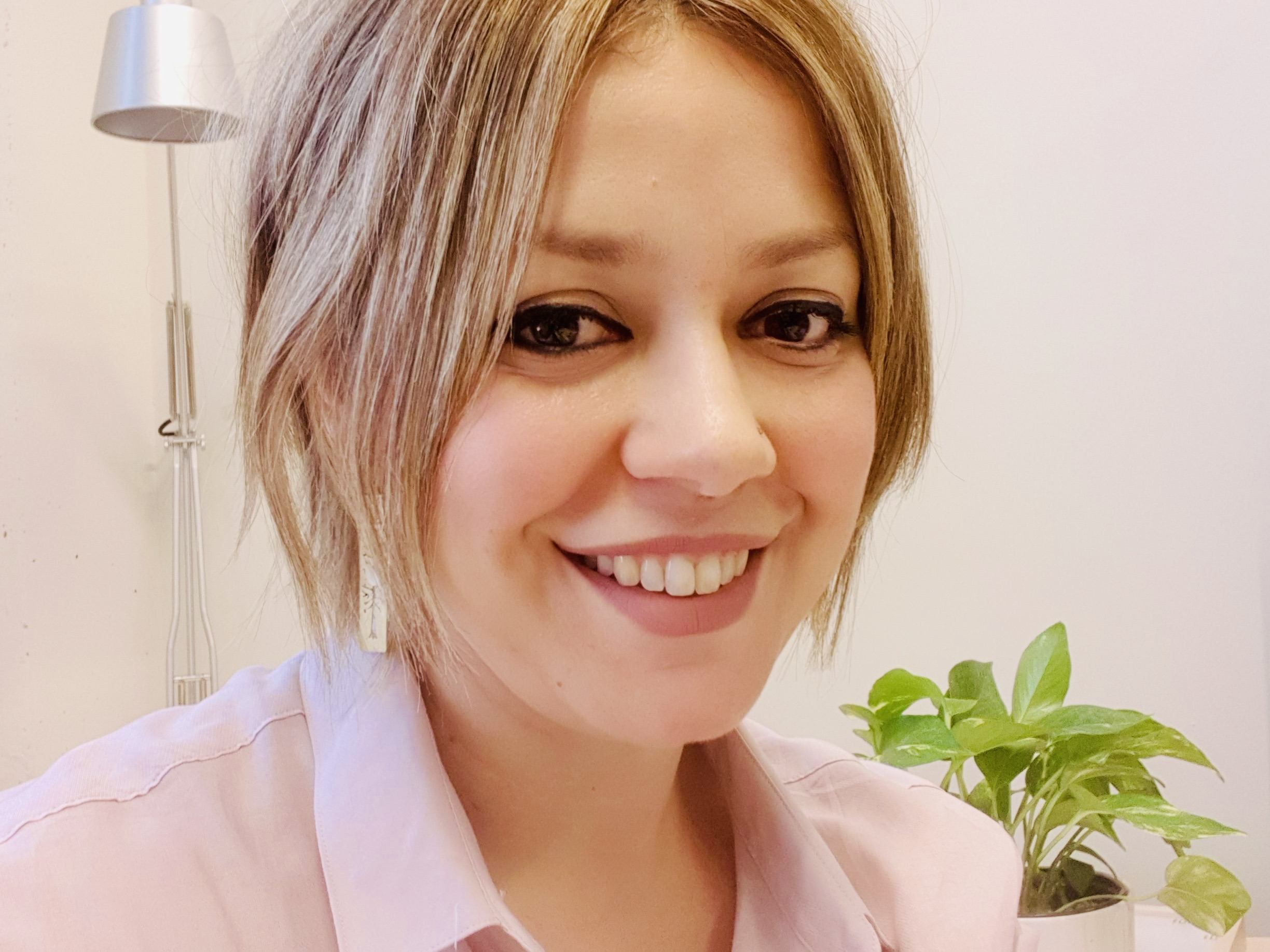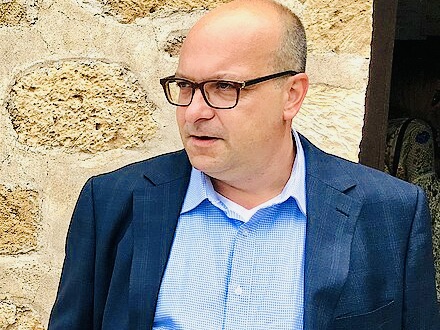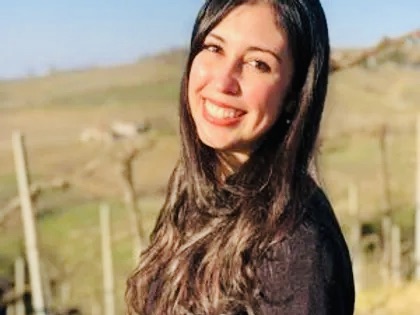ATOM
Adaptations to Multilingualism
Members
Publications
ATOM stands for Adaptations to Multilingualism. This project investigates how the use of more than one language shapes cognition, and what is the role of language proximity in this shaping. The project has a strong comparative perspective, testing speakers of Catalan, Spanish, and Greek, in a variety of linguistic tasks, mainly tapping into grammatical illusions.
Workshop “Adaptations to Multilingualism/Bilingualism and the Role of Linguistic Proximity” (ATOM)
When
February 13-14, 2025
Where
Aula 02, Casa Convalescència-UAB (Carrer de Sant Antoni Maria Claret, 171, 08041 Barcelona)
The CLT group at the Universitat Autònoma de Barcelona is pleased to announce the workshop ATOM (Adaptations to Multilingualism/Bilingualism), to be held in Barcelona, February 13-14, 2025. The aim of this workshop is to bring together researchers from around the world who approach the topic of neurocognitive adaptations to bilingualism through different perspectives and disciplines. The focus is on the type of effects bilingualism/multilingualism confers to different domains of cognition (e.g., language, executive functions, attention, etc.).
Emphasis will be given to the factors that drive bilingual effects (e.g., degree or type of bilingual experience, degree of language switching, sociolinguistic aspects related to language use). Among these factors, it has been suggested that language proximity/distance stands out for its unclear role. We welcome contributions that address how language distance may affect bilingual adaptations and how this factor is to be measured from an empirical point of view.
Keynote Speakers
Esti Blanco-Elorrieta (New York University)
Kleanthes Grohmann (University of Cyprus)
Maria Kambanaros (Cyprus University of Technology)
Sílvia Perpiñán (Universitat Pompeu Fabra)
Program
Thursday, February 13
[session chair: Evelina Leivada]
9.00-9.30 Registration
9.30-10.30 Grounds, evidence, and implications of a unified bilingual mind
Invited speaker: Esti Blanco-Elorrieta
10.30-11.10 An Italian perspective on receptive vocabulary: monolingual vs. bilingual preschoolers across contexts
Elena Pagliarini, Alessia Vit, Eduardo Navarrete Sanchez
11.10-11.40 Coffee break
[session chair: Masaya Yoshida]
11.40-12.20 Is the resolution of ambiguous pronouns influenced by code-switching? Insights from Italian-English bilinguals
Camilla Masullo, Beatrice Giustolisi
12.20-13.00 Exploring the role of language proximity in language and domain-general control in multilinguals
Anna Meliksetian, Agata Wolna, Teresa Kulej, Zofia Wodniecka
13.00-15.00 Lunch break
[session chair: Raquel Montero-Estebaranz]
15.00-15.40 Processing effects of code-switching
Marina Sokolova
15.40-16.20 Linguistic development in unimodal and bimodal bilingual children: the role of distance in the morpho-syntactic richness of known languages
Martina Riva, Carlo Cecchetto, Beatrice Giustolisi
16.20-16.50 Coffee break
[session chair: Elena Pagliarini]
16.50-17.30 Phonetic effects of inhibitory control in bilingual connected speech
Kyle Wolff, Gemma Repiso-Puigdelliura, Rachel Williams, Alexia Hernandez, Christian Ruiz, Bryan Jaquez, Iva Ivanova
17.30-18.30 Investigating the development and grammar of bilectal speakers
Invited speaker: Kleanthes Grohmann
20h Dinner at Pomarada
Passeig de Gràcia, 78 Principal
Friday, February 14
[session chair: Camilla Masullo]
10.00-11.00 Unravelling disorders of communication and cognition in the context of heritage languages
Invited speaker: Maria Kambanaros
11.00-11.40 Coffee break
[session chair: Natalia Moskvina]
11.40-12.20 Attach me if you can
Marina Sokolova, Jess Ward, Ingrid Oyervides Gaytán
12.20-13.00 CLI in possessive constructions of Norwegian-Italian bilinguals: production and judgment data
Marta Velnić
13.00-15.00 Lunch break
[session chair: Shengyu Liao]
15.00-15.40 Young and older bilinguals’ use of multiple cues in word segmentation
Patricia Fuente-García, Julián Villegas, Irene de la Cruz-Pavía
15.40-16.20 Syntax-discourse properties of clefts in non-native acquisition of EP: the role of input and L1 influence
Xinyi Li
16.20-17.00 Coffee break
[session chair: Gemma Repiso-Piugdelliura]
17.00-18.00 How do bilingual children acquire optionality? Linguistic adaptations in Catalan-Spanish bilingualism
Invited speaker : Sílvia Perpiñán
Important dates
Submission: November 23, 2024
Notification of acceptance: December 4, 2024
Registration: January 14, 2025
Workshop: February 13-14, 2025
Organizing Committee
Lourdes Aguilar Cuevas
Marina Bolea Centelles
M. Teresa Espinal
Evelina Leivada
Elena Pagliarini
Gemma Repiso-Piugdelliura
Adriana Soto-Corominas
ATOM is funded by the Agencia Estatal de Investigación through the project PID2021-124399NA-I00 (project “Adaptations to Multilingualism and the Role of Linguistic Proximity”. PI: Evelina Leivada).
Members

Evelina Leivada (Universitat Autònoma de Barcelona, ICREA)
Principal Investigator
Bilingual and bidialectal acquisition, language development in typical and atypical populations, language variation, theoretical linguistics

Lídia Gallego Balsà (Universitat Rovira i Virgili)
Research Team
Sociolinguistics of Higher Education, Multilingual Education, Language Policy, Discourse Analysis and Ethnography




Publications
Preprints
Camilla Masullo, Alba Casado, Evelina Leivada & Antonella Sorace. Preprint. Register variation and linguistic background modulate accuracy in detecting morphosyntactic errors. PsyArXiv.
2024
Camilla Masullo, Alba Casado & Evelina Leivada. 2024. The role of minority language bilingualism in spotting agreement attraction errors: Evidence from Italian varieties. PLoS ONE 19(2), e0298648.
Vittoria Dentella, Camilla Masullo & Evelina Leivada. 2024. Bilingual disadvantages are systematically compensated by bilingual advantages across tasks and populations. Nature Scientific Reports 14, 2107.
2023
Vittoria Dentella, Fritz Günther & Evelina Leivada. 2023. Systematic testing of three Language Models reveals low language accuracy, absence of response stability, and a yes-response bias. PNAS 120(51), e2309583120.
Evelina Leivada. 2023. A classification bias and an exclusion bias jointly overinflated the estimation of publication biases in bilingualism research. Behavioral Sciences 13, 812.
Camilla Masullo, Vittoria Dentella & Evelina Leivada. 2023. 73% of the observed bilingual (dis)advantageous effects on cognition stem from sociolinguistic factors: A systematic review. Bilingualism: Language & Cognition, 1-15.
Evelina Leivada, Itxaso Rodríguez-Ordóñez, Maria Carmen Parafita Couto & Sílvia Perpiñán. 2023. Bilingualism with minority languages: Why searching for unicorn language users does not move us forward. Applied Psycholinguistics 44, 384-399.
Projecte PID2021-124399NA-I00
Adaptaciones al multilingüismo y el papel de la proximidad lingüística (ATOM)
Programa Estatal de Generación de Conocimiento y Fortalecimiento Científico y Tecnológico del Sistema de I+D+I (Proyectos de “Generación de Conocimiento”)
Ministerio de Ciencia e Innovación (MCIN).


